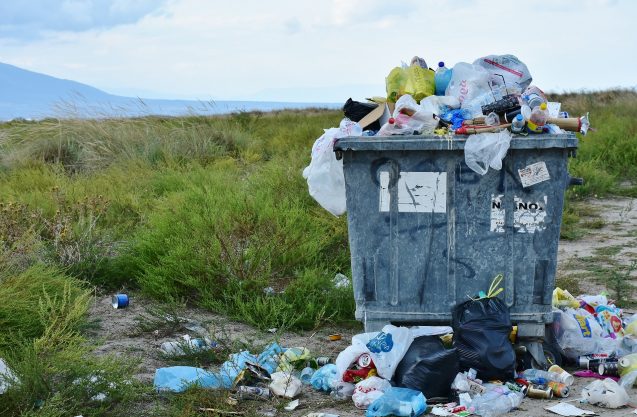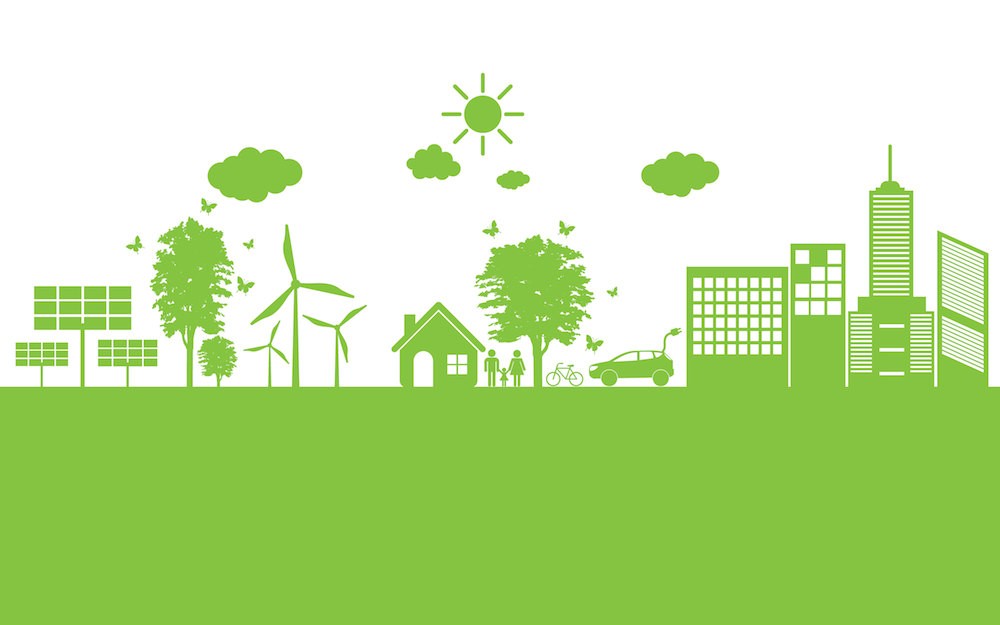Plant-Based Plastics Might Be the Solution to Plastic Pollution and Disposal
Plastic pollution is growing into one of the most pressing concerns of the 21st century. An estimated 8.3 billion tonnes of plastic have been created to date, and trends show that if we don't curb our use of plastic soon then there will be upwards of 12 billion tonnes of plastic in landfills and our environment by 2050. Single-use plastics are pervasive in our society, from straws handed out with every drink to throw-away coffee cups, and it can be difficult to know where to start. Below is a guide to plastic alternatives that can help guide you in helping to prevent further pollution.
All Plastics Are Not Made Equal
It is a common misconception that all plastic goods are recyclable, but in fact some are more likely to be recycled that others. Traditional, oil-based plastics are the most prevalent, but only around 9% of the produced plastic is being recycled. Luckily, there are other, more sustainable options.
Plant-based plastics, such as those created with corn, potato starch, and cellulose, are both compostable and recyclable. They contain the same durable and versatile qualities of today's plastic, while being made from natural materials that will breakdown, rather than persist indefinitely, in the environment.
Companies such as Full Cycle Bioplastics are beginning to experiment with plant-based plastics, also called 'bioplastics,' because they see them being the way of the future. Switching away from plastics entirely might be unrealistic but swapping out current plastics with the more environmentally-friendly bioplastics is a step in the right direction. Plastic-waste providers will then work with commercial waste disposal collectors to ensure that businesses can easily dispose of this recyclable waste.
Choose Reusable Waste Options
Ramping up recycling practices and choosing plant-based plastics will make a dent in pollution, but there is still a deeper problem to be addressed. Single-use products are unsustainable, and even 'environmentally responsible' waste is still waste. Cutting down on the use of disposable drink cups, bottles, straws, and bags is an important lifestyle change that can be made in order to halt current pollution patterns. Choosing to purchase reusable and more 'recycling friendly' options such as tin or glass will both cut down on pollution, and send a message to businesses.
Use Your Purchases To Create Change
Businesses rely on consumers like yourself for success, and if people begin to demand bioplastics at their coffee shops and recycled plastics in their stores, the demand for unsustainable plastic-waste will decrease. Together we can create a more sustainable future.




0 Comments
Recommended Comments
There are no comments to display.